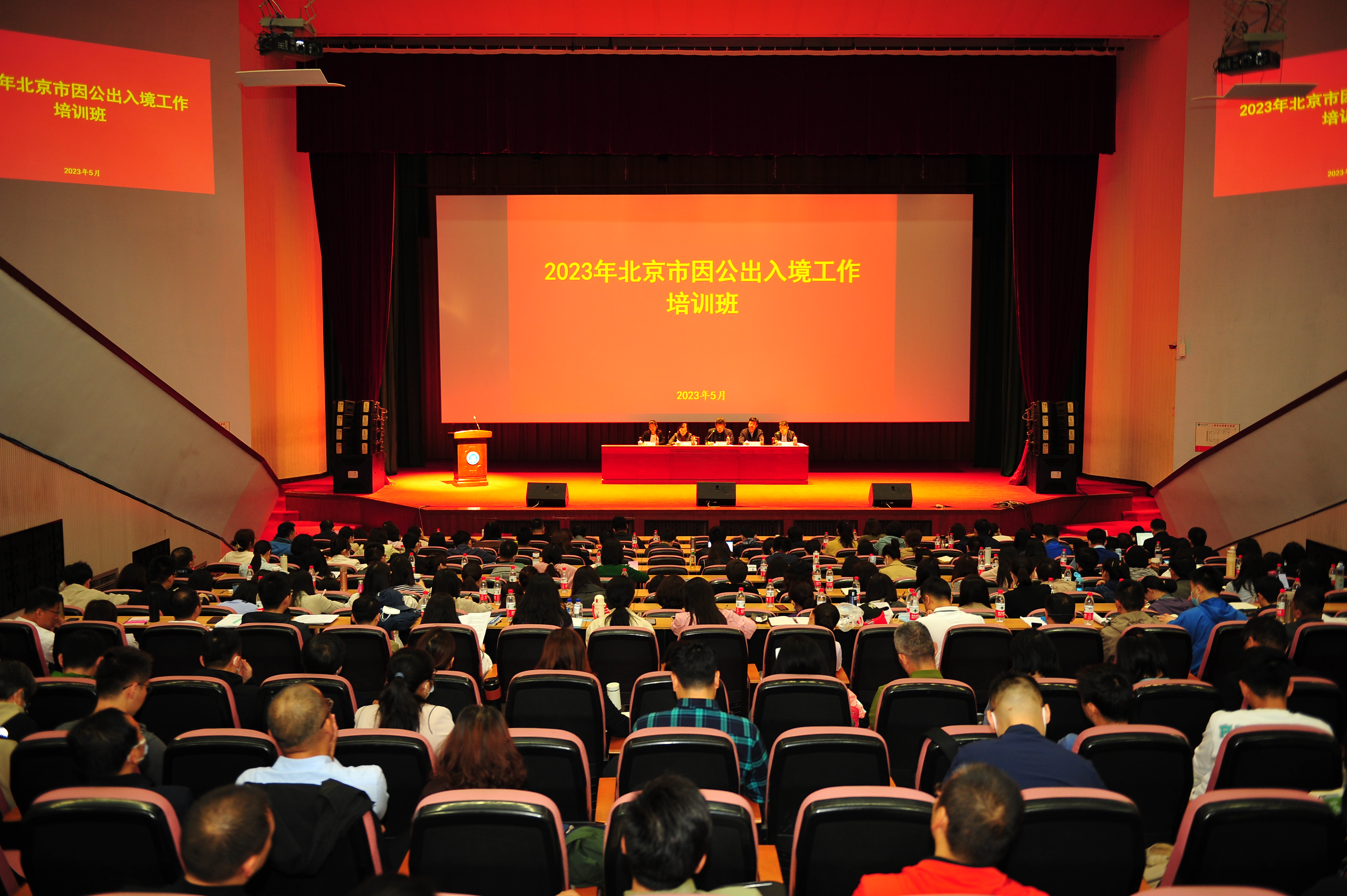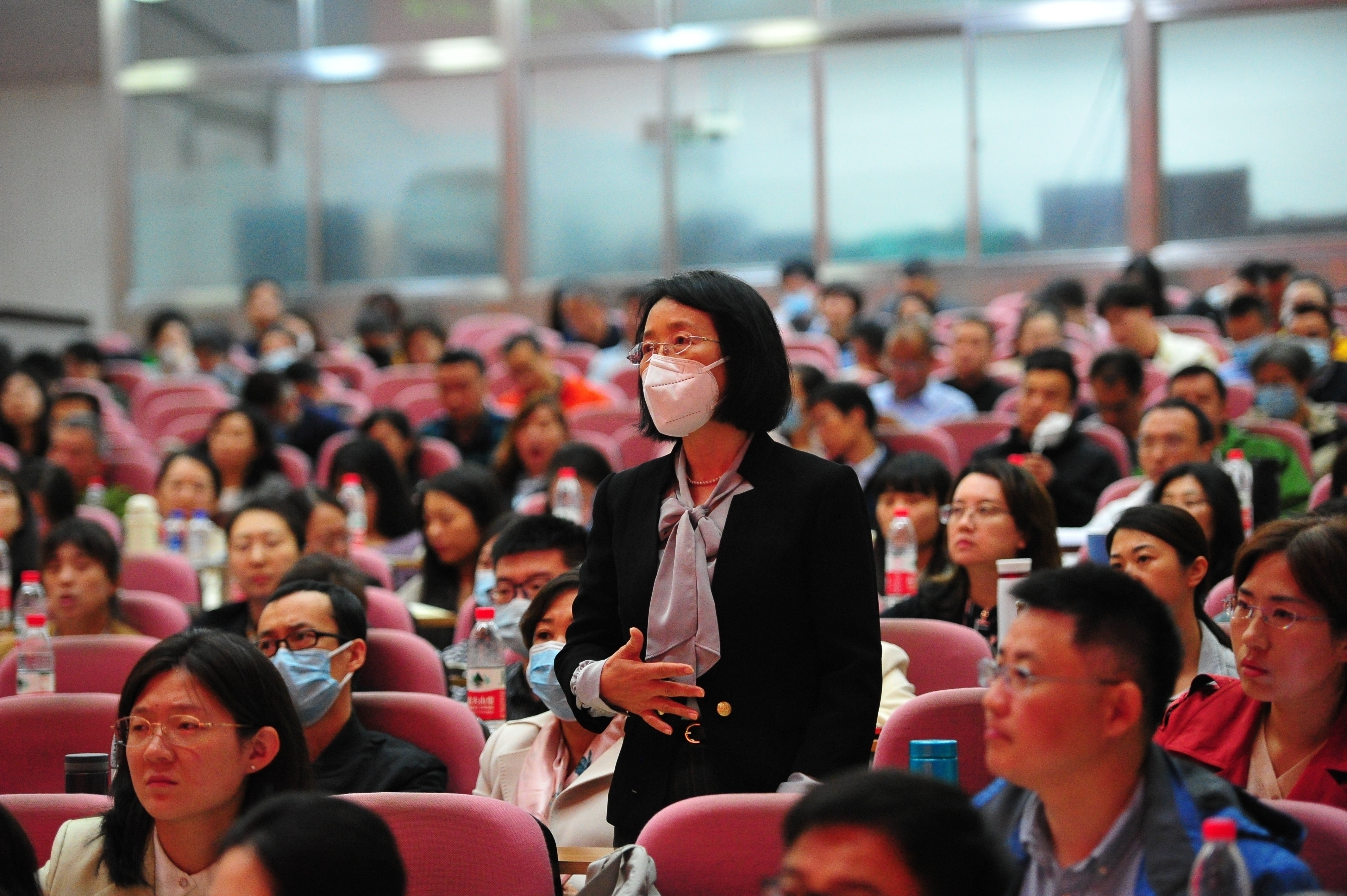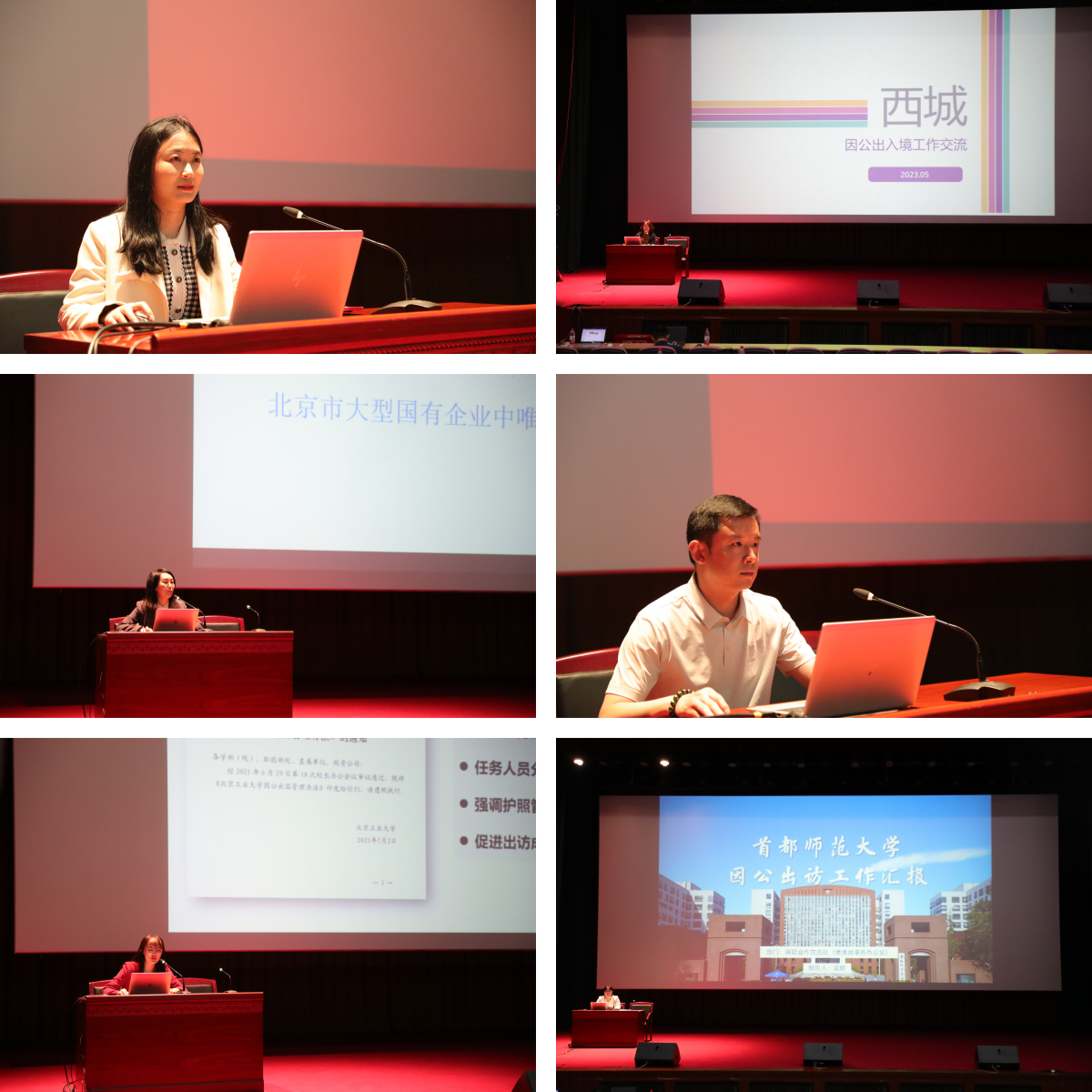To implement the theoretical study program on Xi Jinping Thought on Socialism with Chinese Characteristics for a New Era and put into practice Xi Jinping Thought on Diplomacy, the Beijing Foreign Affairs Office organized a training program on procedures for official inbound and outbound visits at Beijing University of Technology from May 5 to 6. The course was attended by 400 heads of foreign affairs departments and officers from relevant departments in the city and some central departments.

During the training session, it was emphasized that among the current challenging tasks of reform and development, the most fundamental one is to promote the development of the capital in the new era. Official inbound and outbound visits should focus on this fundamental task to identify the key areas. It is important to prioritize the development needs of Beijing and keep up with the progress in order to better serve its development.
All relevant departments should have a thorough understanding of the new situation and tasks in foreign affairs work. They must strengthen their sense of responsibility and urgency, unify their thoughts, update their professional knowledge, and improve their work capacity. In particular, they should prioritize five key areas, including goals, achievements, policies, discipline, and risks, to enhance the quality and effectiveness of handling procedures for official inbound and outbound visits. This will serve the high-quality development and high-standard opening-up of the capital in the new era.


Officials from the Department of Foreign Affairs Management of the Ministry of Foreign Affairs, Organization Department of CPC Beijing Municipal Committee, Beijing Municipal Finance Bureau, and Beijing Foreign Affairs Office delivered lectures at the training session. Representatives from the Beijing Municipal Bureau of Sports, Xicheng District Government, Shougang Group, Beijing Enterprises Group, Beijing University of Technology, and Capital Normal University shared their insights.

All participants expressed that they have greatly benefited from the practical training, and pledged to apply the acquired knowledge to their work in handling official inbound and outbound visits, with a commitment to continuously improve their performance.
Training feedback:
Wang Anqi from the International Exchange & Cooperation Office of Beijing Union University stated that this training course has not only enhanced our professional skills through precise policy explanations and detailed operational training, but also provided us with an opportunity for offline business exchanges. We will strictly adhere to the application procedures for the entry and exit of our official groups, so as to the university's central tasks and international development.
Liu Renbao from the Foreign Affairs Office of Shijingshan District expressed that the training program was intensive, covering policy interpretation and practical exercises. The participants gained a comprehensive understanding of the latest policies and requirements, as well as a deeper insight into the relevant businesses and procedures for official travel overseas. This training has established a solid foundation for the ongoing relevant work.
Wang Shanshan from the Beijing Municipal Commission of Transport noted that the training session organized by the Beijing Foreign Affairs Office was timely and beneficial. The session included rich content and practical exercises, providing systematic explanations for new foreign affairs officials and precise reminders for veteran ones.
Wei Zhixin from the Beijing Chemical Industry Group pointed out that the training program provided theoretical knowledge, professional explanations, and practical guidance, which greatly benefited the participants. With the guidance and assistance of the Beijing Foreign Affairs Office and the new system, the management of official inbound and outbound visits will be elevated to a higher standard.
Ge Haiying from the Beijing International Science and Technology Exchange Center stated that all units are in urgent need of such informative training. The training was timely and highly beneficial! The policy explanations were clear, concise, and closely aligned with the actual situation in Beijing. The new system was thoroughly explained in great detail.


